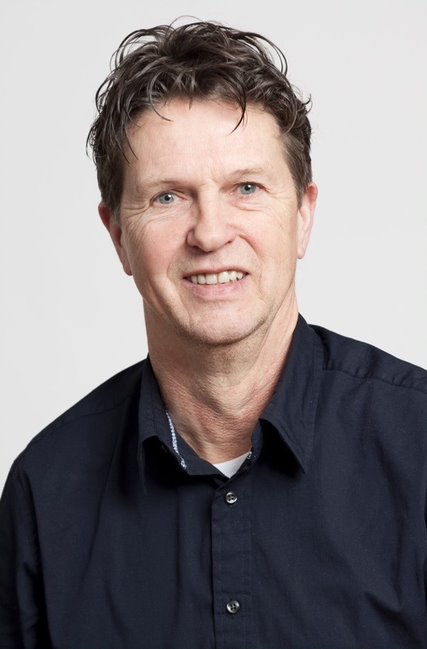
This year, almost 12,000 people attended the EHA meeting — more 1,000 more people than in 2017. Besides participants from Europe, EHA is increasingly attended by people from Asia, South-America, and the United States. Exclusively for Medicom's Conference Report, EHA president Prof. Pieter Sonneveld (Erasmus Medical Centre, the Netherlands) reflects on this year’s meeting and on the challenges in the field of haematology.
Can you explain this year's EHA Congress theme?
“This year’s theme is sustainability, which also fits nicely with the country where the EHA meeting was hosted this year. Sweden is all about no waste and durability. EHA is heavily involved in education, research and clinical care and firmly committed to making good clinical care available to as many patients and haematologists as possible. Unfortunately, access to new effective therapies is not distributed fairly; not even in Europe. There are countries where patients can use almost all new drugs, but there are also countries where the opposite is true. With this theme, EHA is letting go of the one-year themes because sustainability is not vital just this year. It is in fact decisive for clinical care and research year after year.”
Are there specific topics that EHA wants to put in the spotlight?
“By launching the topics-in-focus programme, we want to give special attention to two topics this year: immunotherapy and haemoglobinopathies. In recent years, there has been a shift from chemotherapy to more personalised therapies like immunotherapy with fewer side effects. We expect a lot from this in the future. Hemoglobinopathies, on the other hand, can be invalidating at a young age and there is an unmet need for new treatments. For sickle cell disease, for example, and also for thalassemia, a disease that in Europe mainly occurs among immigrants.”
As a haematologist, what do you consider promising developments at this moment?
“More and more research into the causes of haematological malignancies is being done. Cancer does not arise overnight. Early on, abnormalities in the DNA which may play a key role in the development of the disease can already be encountered. A good example of research on this topic is a large programme in Iceland. The limited number of inhabitants share many genetic similarities. Investigators from the University of Iceland are searching for mutations that can lead to haematological diseases. Furthermore, I expect a lot from the Harmony programme, a large programme by the European Commission in which universities, hospitals, pharmaceutical companies, and authorities work together to collect the enormous amount of data about haematological malignancies that is available in Europe. With this big data set we can investigate why certain groups of patients easily respond to a certain therapy and others do not, for example. Or to examine why we see late effects after radiation in some people but not in everyone?”
Are there any other challenges?
“Apart from medical developments, keeping the prices of medicine manageable remains a big challenge. We have to keep drugs affordable and accessible for everyone and not just for one small group. We realise that our influence does not extend globally, but by organising it properly in Europe I am convinced that this will also be tackled elsewhere in the world. Our colleagues from the American Society of Hematology in the United States are also keen on this topic and we try to work together on this.”
The combination of your work as a haematologist and professor with the EHA presidency is probably also challenging. How do you combine the two?
“The president of EHA is always an active haematologist, someone who is a professor and as well as a Head of Department. Of course, the role of EHA president is time consuming and you have to be organised. But, luckily, EHA is an efficient organisation. The EHA office does an excellent job and takes care of a lot of practicalities. We work with an executive board that includes the president, the former president, and the president-elect. After two years of presidency I will resign, but I will remain closely involved. In this way, we transfer our knowledge and ensure continuity.”
Posted on
Previous Article
« Letter from the Editor Next Article
Letter from the Editor »
« Letter from the Editor Next Article
Letter from the Editor »
Table of Contents: EHA 2018
Featured articles
Interview with Prof. Pieter Sonneveld
Related Articles

June 28, 2018
Letter from the Editor
© 2024 Medicom Medical Publishers. All rights reserved. Terms and Conditions | Privacy Policy
HEAD OFFICE
Laarderhoogtweg 25
1101 EB Amsterdam
The Netherlands
T: +31 85 4012 560
E: publishers@medicom-publishers.com

